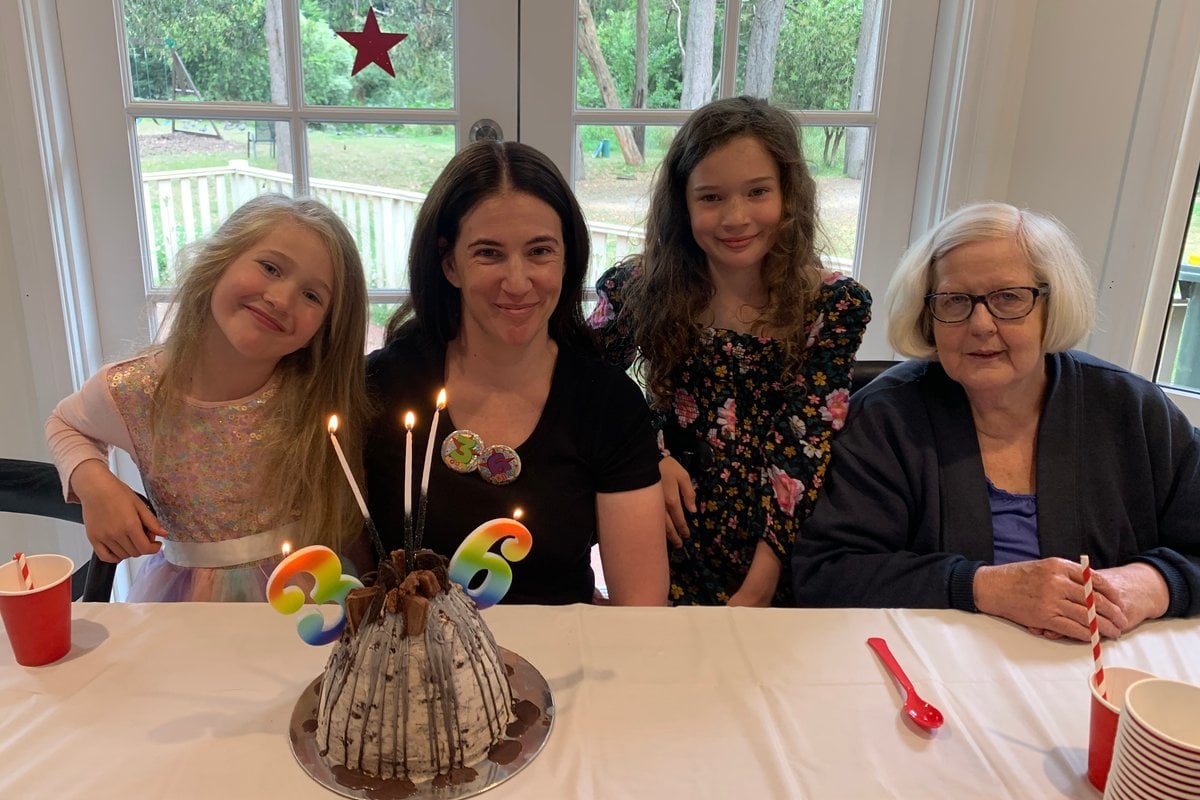

I'd been pretty oblivious to the fact that my mum was getting older, in my eyes she was the same mum I’d always known. A protector, provider and in every way, a strong, independent woman. But last year, the reality of having an ageing parent became apparent, and so did the fact that she now had changing needs.
One morning in mid-October, I heard my mum yell out in pain from her room. She could barely move. Mum wasn’t able to stand or walk, and the distress was obvious. Upon an ambulance trip to the emergency room and extensive tests, it was established that some vertebrae in her back had moved out of position and from this, her nerves were being pinched. To help ease that pain and allow her to have her mobility again, Mum required a complicated and long spinal surgery, with extensive physical rehabilitation which still continues today.
Witnessing this shook me, but also as the only child of a single mother, I realised with my husband that we needed to discuss future care and support plans with Mum sooner rather than later to establish a clear path forward for her needs.
The discussion wasn’t easy, in fact, at times it was extremely tough, but ensuring it was inclusive, transparent, compassionate and always led by my mum’s interests and needs was undoubtedly critical because it was about planning for her future care.
In my experience, this conversation started with questions and an open conversation – to establish what my mum did and didn’t want moving forward. Here’s 5 ways that may help start your own conversation, based on my own experience.
1. What happens if things change?
Things don’t always stay the same – this is possibly one of the hardest truths I’ve had to grapple with over the past year.
Along with it being challenging on the personal front as a daughter, this reality has also meant that regular check-ins and questions about Mum’s health, needs and the future have been essential so we can cater to any change – from purchasing particular mobility aids or us seeking additional support services.




























































































